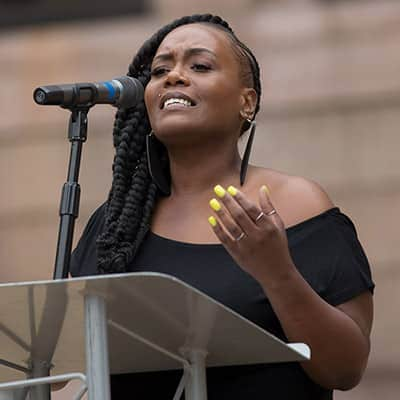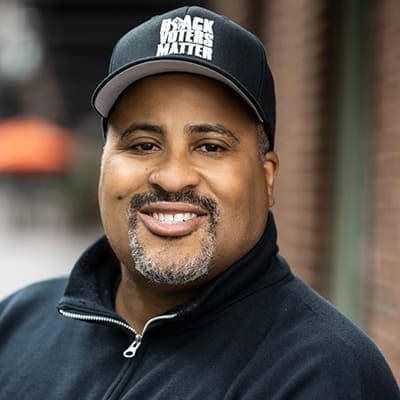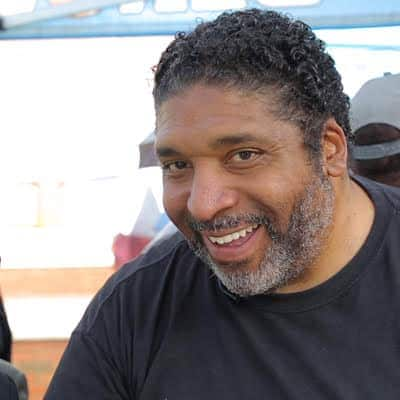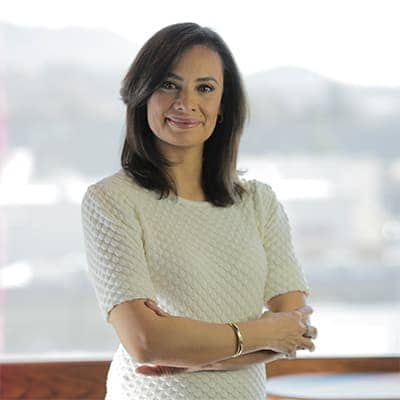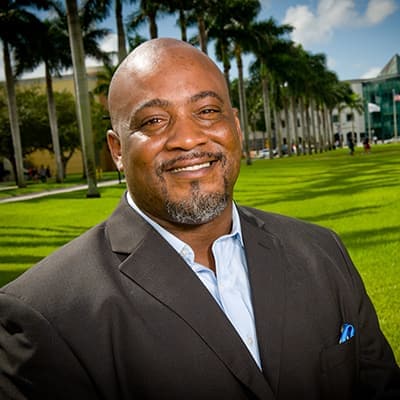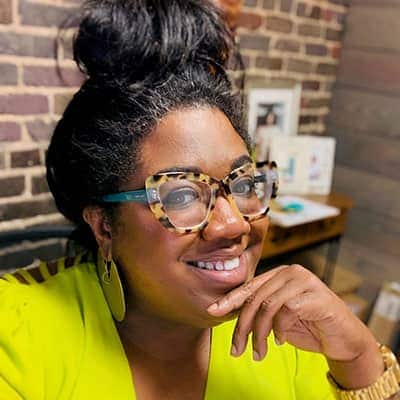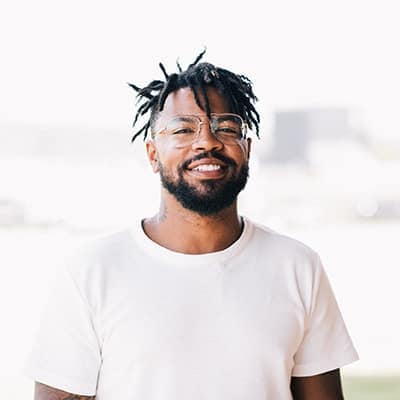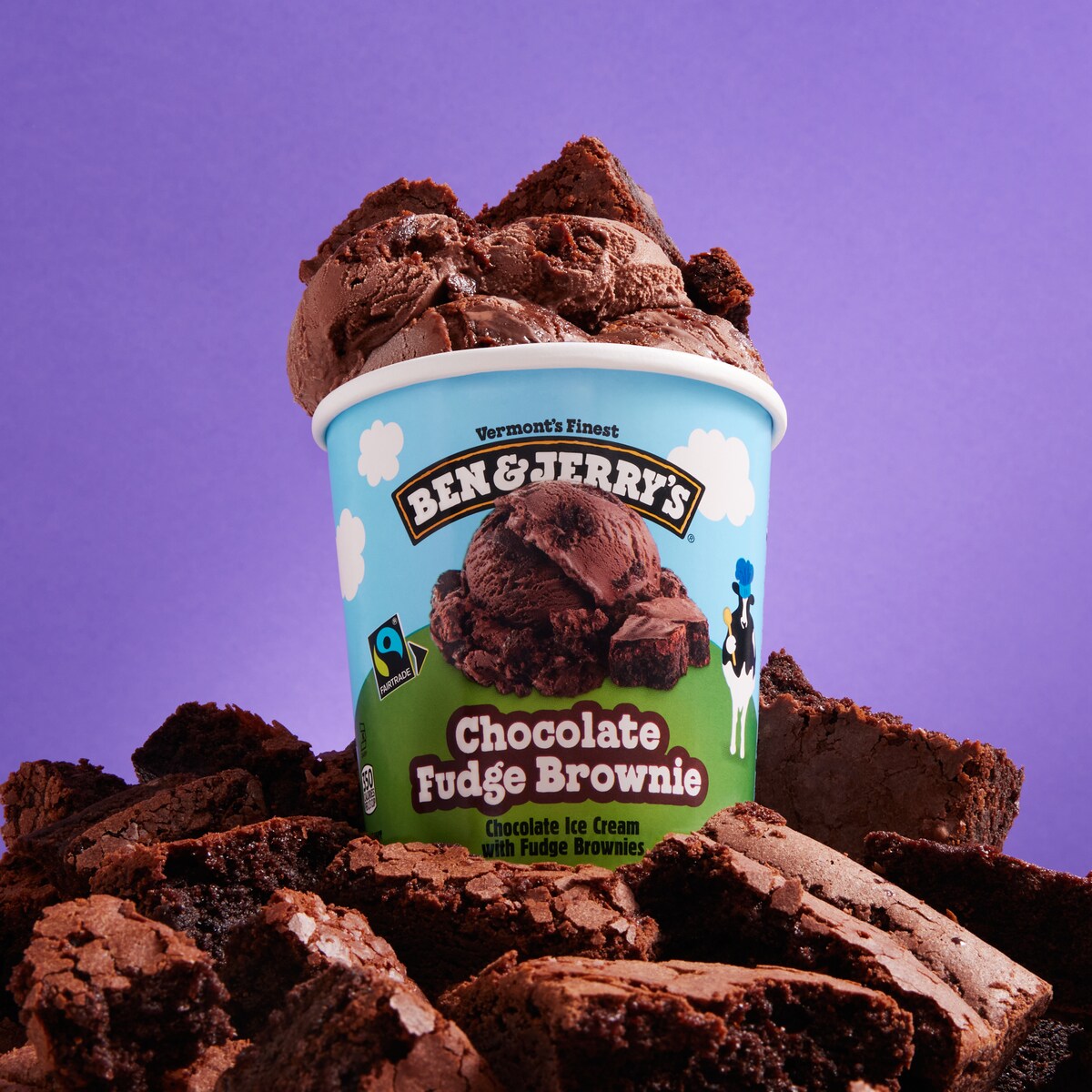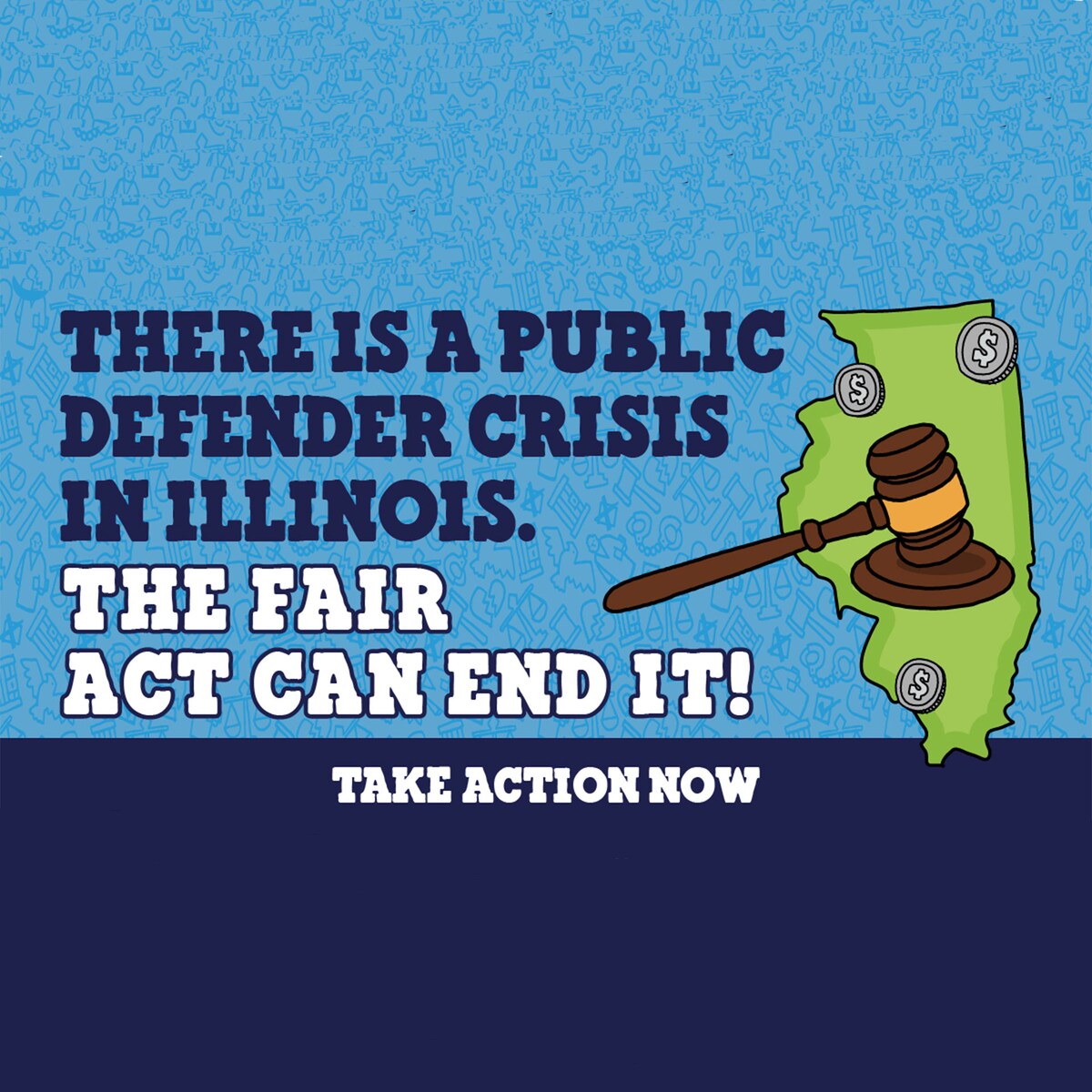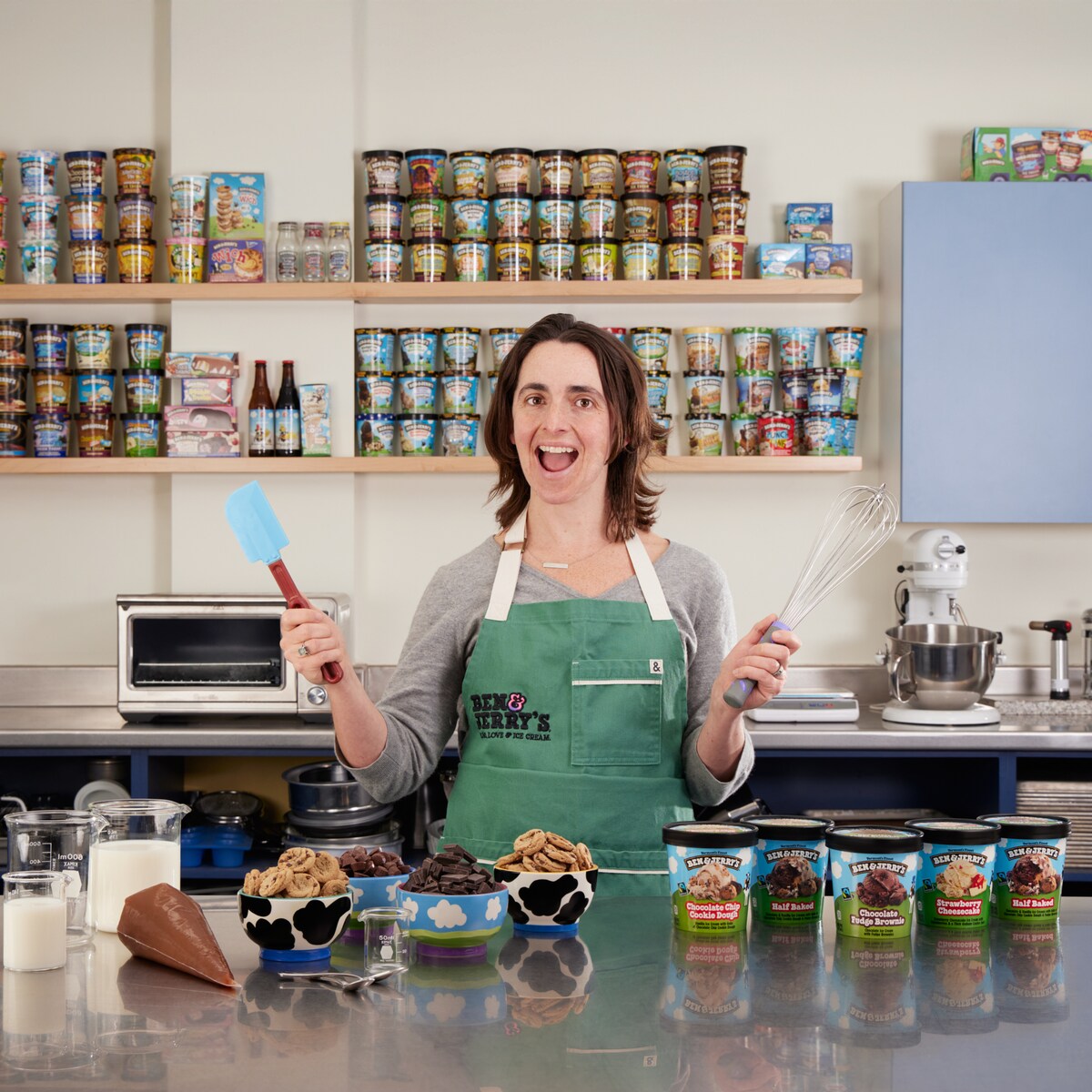January 15, 2021
As we learn more about the realities of racial justice in America, we are consistently brought back to the incredible life and work of Rev. Dr. Martin Luther King, Jr. The moral leadership he provided, the movements he led, the words he spoke and wrote, and the courage he displayed brought about sweeping reforms like the Civil Rights Act and the Voting Rights Act, which ended the Jim Crow South and transformed American society. He was an activist who paid the ultimate price for standing up for a fair and just world.
The Struggle Never Ends
Over the last four years, the gains we’d made in racial equity, LGBTQ rights, gender equality, environmental stewardship, and beyond appeared more fragile than at any time in recent memory. As we look forward with hope and optimism to a new administration, we wanted to shine a spotlight on the inheritors of Dr. King’s legacy, the activists who are continuing his never-finished struggle and carrying his dream forward. Join us in getting to know the leaders of today’s fight for fairness, justice, and freedom. And be sure to click the links throughout to learn more—these activists’ powerful work is worth getting to know.
-
Inez Bordeaux
Inez Bordeaux’s life changed forever when she was locked up in St. Louis’s notorious Workhouse jail. Like 90% of the Workhouse population, Bordeaux was there because she couldn’t pay bail. A nurse and a mother of four, she had persevered through poverty, domestic violence, and homelessness, but she told us that her stint at the Workhouse almost broke her: “The Workhouse is the first time I felt hopeless. I was worried that I wasn't going to make it out of there.” When Bordeaux was finally released, she decided to join the movement to close the Workhouse and dedicate her life to ending cash bail and using the money we spend on jails, prisons, and police to reinvest in our communities.
-
Cliff Albright
Cliff Albright is a co-founder, along with LaTosha Brown, of Black Voters Matter Fund, which seeks to build community and organizational capacity related to Black voting power. He’s also a writer, having contributed articles to the New York Times, the Washington Post, and the Guardian. He hosts a weekly radio show in Atlanta and has served as an instructor of African American Studies at several universities. His work in Georgia, part of a years-long collaborative project to register Black voters, helped push Black voter turnout to unprecedented heights during the November election and the January 5 Senate runoff.
-
Rev. Dr. William Barber
Our friend Rev. Dr. William J. Barber has been called “the closest person we have to Martin Luther King, Jr. in our midst.” He is a minister in North Carolina, where his weekly protests, called Moral Mondays, against NC voting restrictions drew thousands of supporters. When he speaks out about reviving the heart of our democracy you can’t help but believe it’s possible. (You really do need to hear him speak!) In 2018 he stepped down from his position as president of the NC NAACP to co-chair the nationwide Poor People’s Campaign with Rev. Dr. Liz Theoharis.
-
LaTosha Brown
LaTosha Brown is the co-founder, with Cliff Albright, of Black Voters Matter Fund. Their dedication to engaging with and registering Black voters sparked a political revolution in Georgia that some are saying could spread throughout the South. All of which is amazing and would be more than enough to secure her a spot on this list. But Brown is also an award-winning organizer, philanthropic consultant, political strategist, and jazz singer. She’s been working for more than 20 years on political empowerment, social justice, economic development, leadership development, wealth creation, and civil rights, and she’s just getting started.
-
María Teresa Kumar
María Teresa Kumar is the founding president of Voto Latino, a grassroots political organization focused on educating and empowering a new generation of Latinx voters. During the 2020 election cycle, Voto Latino registered more than 600,000 Latinx voters! Kumar is an activist, entrepreneur, and an Emmy-nominated MSNBC contributor—and her work in the Latinx community has drawn some serious attention: Fast Company named her among the 100 Creative Minds. Elle named her to its list of the 10 most influential women in Washington, DC, and Hispanic Executive named her among the 10 most influential Latinos.
-
Desmond Meade
In 2005, Desmond Meade was homeless, addicted to drugs, and feeling suicidal. Then he turned his life around. He checked himself into rehab. He pursued his education, ultimately graduating from Florida International University College of Law. But despite transforming his life, he still could not vote. Why? Because he, like 1.4 million other Floridians, had once been convicted of a felony. Meade’s remarkably successful Second Chances campaign changed Florida law and restored the ability to vote to all who’ve paid their debt to society, and for that he was named one of Time magazine’s 100 Most Influential People in 2019.
-
Rashad Robinson
Rashad Robinson is president of Color of Change, the nation’s largest online racial justice organization. Robinson joined Color of Change as executive director in 2011 and immediately began redefining what digital activism means, as well as broadening its influence and power to effect lasting change. Robinson has become well known for balancing media savvy with a deep and genuine engagement with grassroots activists (as well as for his love for wearing hats), an approach that has seen Color of Change score some serious victories over the years. We’ve worked with Robinson and Color of Change many times, most recently on ending systemic racism and transforming the criminal justice system.
-
DeJuana Thompson
DeJuana Thompson is the founder of Woke Vote, an organization with a mission to invest in the activation, long-term engagement, and mobilization of Black voters in the South. Woke Vote concentrates on making personal, local-level connections, reaching out to Black voters where they live, in their communities, at their churches. Strategic, consistent investments also make a huge difference, especially since major parties and mainstream political organizations have traditionally invested so little money, and time, in communities of color. Thompson’s approach clearly works: there’s been a marked increase in turnout in every community Woke Vote has worked with.
-
Bryan Stevenson
When you take a look at everything Bryan Stevenson has accomplished in his life, you might think they ought to make a movie about it. Well… they have. Two movies, actually. Stevenson never sought the spotlight, but after a career that includes arguing (and winning) cases before the Supreme Court, creating a museum and memorial about the history of lynching in America, founding the Equal Justice Initiative, which works to end mass incarceration and free wrongly convicted inmates from prison, and giving a TED Talk that became a viral hit, he can no longer avoid it. Called the “most important civil rights lawyer since Thurgood Marshall,” Stevenson is seeking nothing less than the dismantling of Jim Crow’s legacy.
-
Philip Agnew
Philip Agnew, a dynamic speaker, activist, and organizer, founded the Dream Defenders in 2012, after the killing of Trayvon Martin in a Florida suburb. The Dream Defenders “are dedicated to defending the dream etched in our memories by Dr. Martin Luther King,” and to do that they work to inspire and develop a new generation of leaders. Agnew left the Dream Defenders in 2018 and has been traveling the country ever since, speaking, educating, rallying, and trying to connect with people who social-justice movements have not yet reached. He’s been recognized by both Ebony and The Root as one of the country’s 100 most influential African Americans.
What unites each of these change-makers walking in the footsteps of Martin Luther King, Jr.? Their belief that America can live up to its highest ideals, but that it’ll only happen if all of us chip in. That means that you are part of the solution, too. Take action below. Then look for opportunities to create positive change in your community. Together, we can make MLK’s dream a reality.
